From fear to hope, from uncertainty to clarity – your personalised pathway to world-class lung cancer care — right here in London.
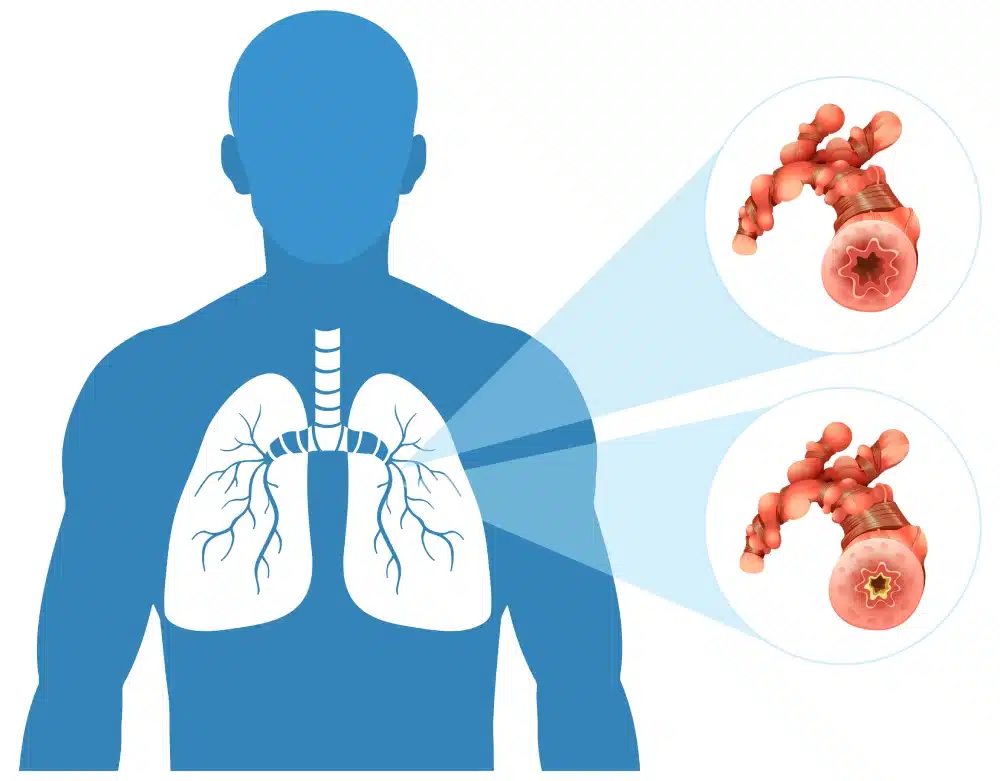
Key Takeaways
• Early detection dramatically improves lung cancer outcomes – Stage 1 lung cancer has cure rates exceeding 85-90%, with many patients returning to normal life after minimally invasive surgery
• Modern surgical techniques minimize recovery time and trauma – Keyhole and robotic lung surgery use tiny incisions, enabling same-day walking and home discharge within 1-2 days
• Personalized treatment addresses each patient’s unique cancer – Genetic testing and tumor profiling allow targeted therapies, immunotherapy, and tailored surgical approaches for optimal results
• Comprehensive care combines medical expertise with emotional support – Multidisciplinary teams provide coordinated treatment while addressing patient fears, family concerns, and quality of life
• Prompt action significantly impacts treatment success – Immediate consultation and swift treatment prevent progression, preserve more treatment options, and improve long-term outcomes
A Message of Hope Before We Begin
Sarah sat in her doctor’s office, the words “lung cancer” echoing in her mind like a distant bell. The chest X-ray that had started as a routine check for her persistent cough had revealed something unexpected. In that moment, fear crept in – the same fear you might be feeling right now as you read these words.
But Sarah’s story – like so many others we see at our clinic – became one of triumph, not tragedy. Today, two years after her keyhole lung surgery in London, she’s back to hiking the hills of Surrey, spending precious time with her grandchildren, and living life to the fullest.
If you’re reading this guide, whether you’re experiencing symptoms, have received a diagnosis, or are supporting someone you love through this journey, I want you to know something important: lung cancer is no longer the hopeless diagnosis it once was. Modern medicine, particularly through lung cancer surgery, has transformed what was once a dire prognosis into a manageable, often curable condition.
Chapter 1: When Life Changes in an Instant
Understanding Your New Reality
Michael, a 58-year-old teacher from London, noticed his morning cough had lingered longer than usual. “It’s just the London air,” he told his wife, dismissing what would later prove to be the early whisper of lung cancer. When he finally sought help and received his diagnosis, he felt overwhelmed by medical terminology and uncertain about his future.
Lung cancer begins when normal cells become cancer cells in your lung tissue and start growing abnormally, but here’s what Michael learned that changed everything: when caught early and treated by a lung cancer surgeon, the outcomes can be remarkably positive.
What gives us hope is that lung cancer treatment has evolved dramatically. Where once lung cancer patients faced limited options, today we offer:
- Minimally invasive techniques like robotic lung surgery
- Personalised treatments based on your specific cancer type
- Rapid access to the best lung cancer hospitals in the UK
- Comprehensive support throughout your lung cancer surgery recovery
Why Early Action Matters – Emma’s Story
Emma, a 52-year-old marketing executive, felt perfectly healthy when her company’s routine health screening revealed a small shadow on her lung. That “shadow” turned out to be Stage 1 primary lung cancer. Because it was caught early and she had immediate access to private lung cancer surgery, she quickly accessed private surgery through a specialist London clinic and today, three years later, is completely cancer-free.
Emma’s story illustrates why seeking help early matters:
- Early-stage detection offers cure rates exceeding 90%
- Advanced surgical techniques minimise recovery time
- Immediate treatment prevents progression to advanced stages
- Expert care from a London thoracic cancer expert optimises outcomes
Chapter 2: Understanding Your Specific Journey
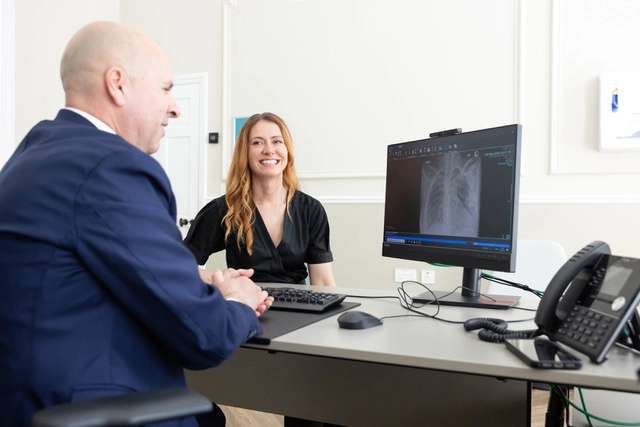
The Different Paths – Which One Are You On?
Not all lung cancer journeys are the same. Understanding your specific type helps our thoracic oncology specialist craft the treatment approach that’s right for you.
James’s Story – Non-Small Cell Lung Cancer (NSCLC)
James, a 64-year-old retired engineer, was diagnosed with adenocarcinoma, the most common type of lung cancer. Despite never smoking, his lung cancer specialist explained that this type often responds excellently to targeted therapy and keyhole lung surgery. Today, James credits his successful treatment to early intervention and choosing the right pathway for rapid access to care.
Margaret’s Journey – Small Cell Lung Cancer (SCLC)
Margaret’s lung cancer was more aggressive, but her care team at a respected private cancer clinic in London developed a comprehensive plan combining chemotherapy, radiation, and immunotherapy. While her journey required different treatments from James’s, she found strength in her care team’s expertise and the advanced options available.
Your Cancer Type Determines Your Options
Understanding whether you have:
- Lung Adenocarcinoma (often responds well to targeted therapy)
- Squamous cell carcinoma (frequently benefits from combination therapy)
- Large cell carcinoma (requires prompt expert treatment)
- Small cell lung cancer (responds to specialised protocols)
This knowledge empowers you and your care team to choose the most effective treatment path.
Chapter 3: Reading the Signs – When Your Body Whispers, Then Speaks
Listening to Your Body’s Early Warnings
David, a 59-year-old accountant, ignored his morning cough for months. “Just getting older,” he reasoned. When the cough persisted and he began coughing up small amounts of blood, his wife insisted he see a doctor. That decision to listen to his body’s signals – and his wife’s wisdom – likely saved his life.
The early signs of lung cancer often masquerade as everyday ailments.
Primary symptoms that warrant immediate consultation:
- A cough that won’t go away after three weeks
- Blood in your sputum, even tiny amounts
- Unexplained shortness of breath
- Chest pain that worsens with breathing
- Persistent fatigue or weight loss
- Recurring chest infections
Rebecca’s Experience with Subtle Symptoms
Rebecca, a 61-year-old teacher, experienced what she thought were just signs of ageing – slightly more fatigue, occasional shoulder pain, and less appetite. Her daughter, a nurse, encouraged her to seek evaluation. The private scan revealed early-stage lung cancer that was successfully treated with lung tumour surgery.
When to Take Action
Don’t wait if you experience:
- Any persistent symptom lasting more than three weeks
- Multiple symptoms occurring together
- New symptoms if you have risk factors for lung cancer
The compassionate team at our clinic understands your concerns and can often provide same-day consultations for urgent cases.
Chapter 4: Understanding Your Risk – Knowledge is Power
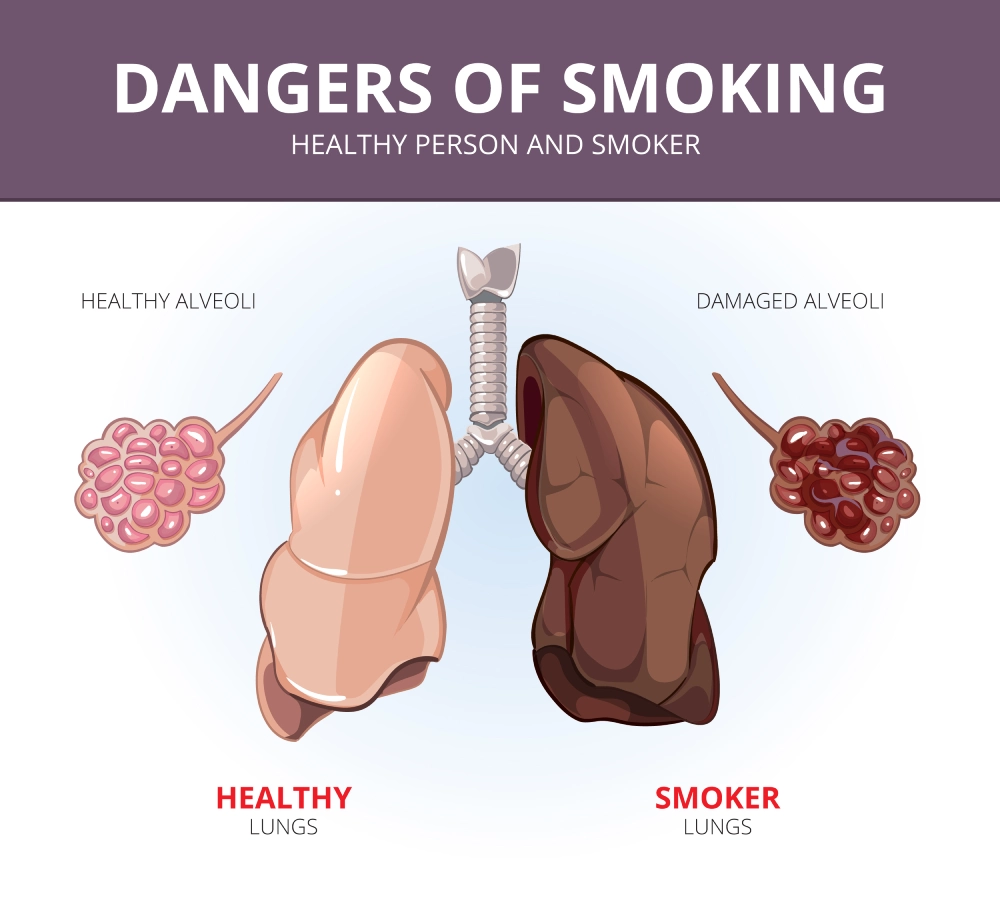
Stories of Different Risk Levels
Patricia’s Story – The Non-Smoker
Patricia, a 56-year-old yoga instructor who had never smoked, was shocked by her lung cancer diagnosis. Her lung cancer specialist explained that while smoking is the primary risk factor, other elements – including family history, environmental exposure, and genetic factors – can contribute. Patricia’s treatment through robotic lung surgery was highly successful because she sought immediate expert care.
Robert’s Journey – The Former Smoker
Robert quit smoking 15 years ago, but worried about his past. When he developed a persistent cough, he didn’t delay in seeking help. His early action and access to keyhole lung surgery led to complete cancer removal. “I learned that quitting smoking years ago had already dramatically reduced my risk,” Robert shares. “But taking action quickly when symptoms appeared made all the difference.”
Risk Factors of Developing Lung Cancer That You Can and Cannot Control
Factors you cannot change:
- Family history of lung cancer
- Age (risk increases over 50)
- Previous radiation to the chest area
- Genetic predisposition
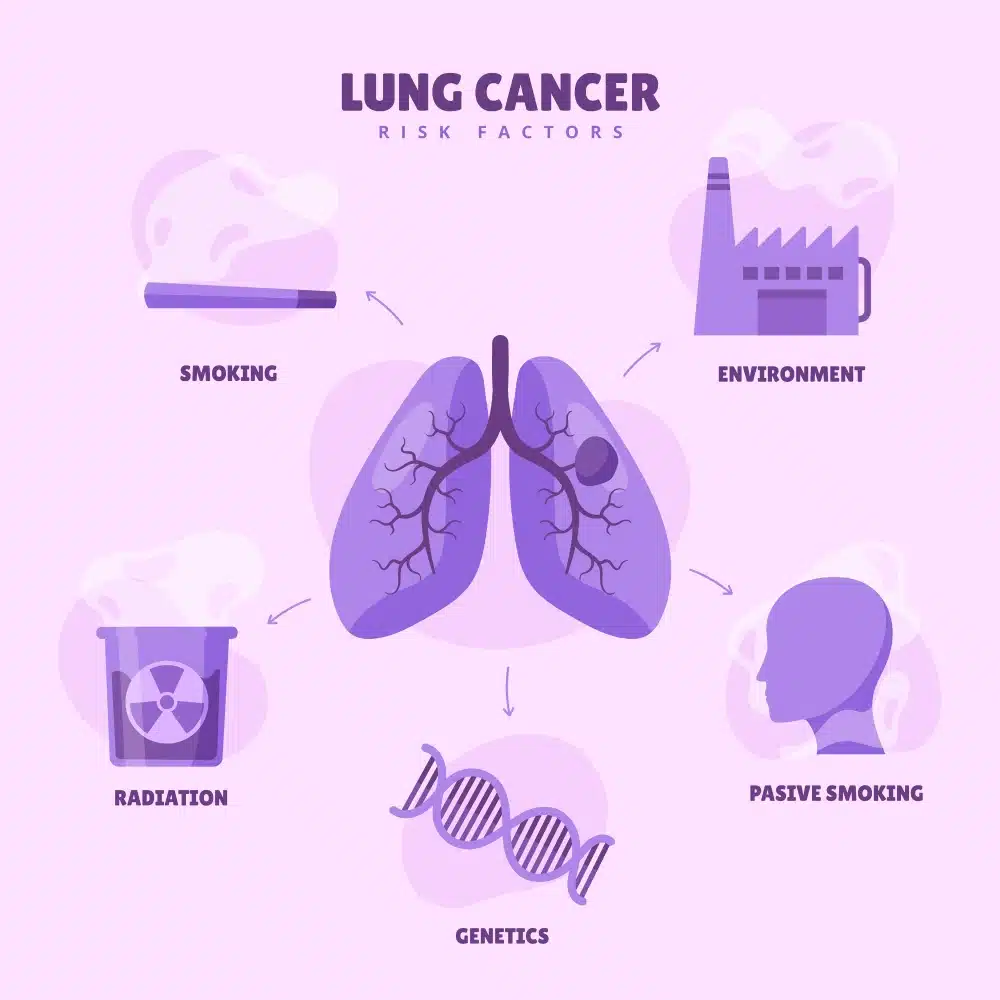
Factors within your control:
- Smoking cessation – dramatically reduces risk over time
- Avoiding secondhand smoke
- Testing your home for radon gas
- lung cancer screening if you’re high-risk
- avoid air pollution
Prevention and Early Detection – Your Best Defence
The encouraging news is that lung cancer screening programs can detect lung cancer long before symptoms appear. Our cancer expert team recommends screening for individuals who:
- Are aged 50-80
- Have a significant smoking history
- Have a family history of lung cancer
- Have occupational exposures
Chapter 5: The Power of Early Detection
When Technology Meets Compassion
Martin’s Screening Success
Martin, a 62-year-old former smoker, joined our London-based private screening programme for lung cancer. The low-dose CT scan revealed a small nodule that wouldn’t have been visible on a regular X-ray. Because it was caught so early, Martin’s lung nodule removal procedure was minimally invasive, and his recovery was swift. “I feel grateful every day that I chose proactive screening,” Martin reflects.
Advanced Diagnostic Excellence
Our hospitals utilise cutting-edge technology:
Imaging Superiority
- Low-dose CT scans detect tumours 10 times smaller than X-rays can reveal
- PET-CT scanning provides metabolic information
- AI-enhanced analysis improves accuracy
- 3D reconstruction offers detailed visualisation
Minimally Invasive Biopsies
When further investigation is needed, our private lung biopsy services offer:
- CT-guided needle biopsy with precise targeting
- Advanced bronchoscopy reaches previously inaccessible areas
- Robotic navigation providing GPS-like precision
- Same-day results are often available
Linda’s Journey from Fear to Relief
Linda discovered a “spot” on her lung during a routine screening. The fear was overwhelming until she met with our thoracic oncology specialist. Through advanced diagnostic techniques, they determined the spot was benign. “The relief was indescribable,” Linda shares. “But more importantly, I learned the value of regular monitoring for peace of mind.”
Chapter 6: Understanding Your Lung Cancer Staging – Your Roadmap to Treatment of Different Lung Cancers.
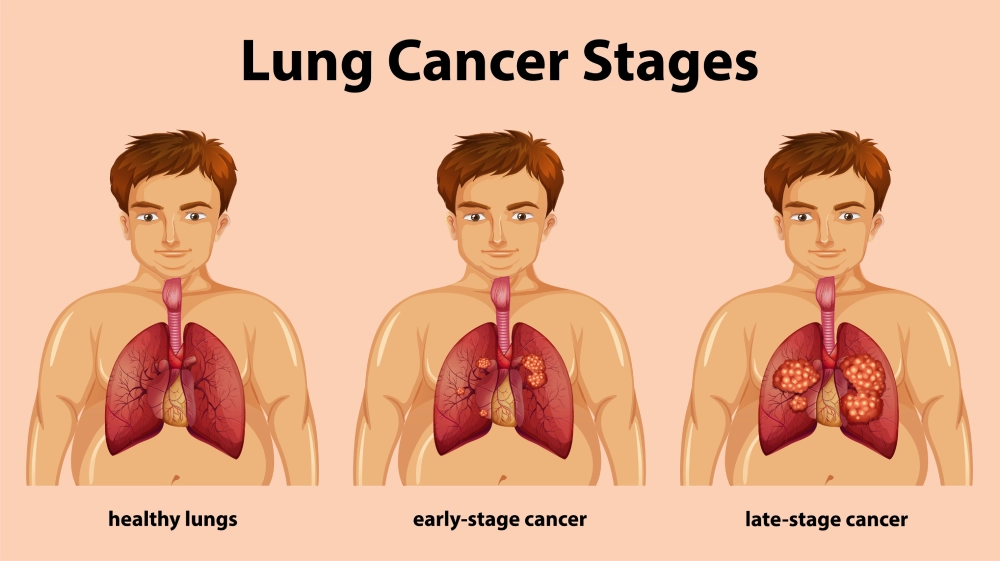
Stage 1: The Victory Stage – Tom’s Triumph
Tom, a 67-year-old retired engineer, received the devastating news of lung cancer, but then learned it was Stage 1. “My surgeon called it ‘the victory stage,'” Tom recalls. His lobectomy using keyhole techniques was completed with tiny incisions, minimal pain, and he was home in two days. Three years later, Tom is cancer-free and back to his beloved woodworking.
Stage 1 represents hope:
- Cancer confined to the lung tissue
- No lymph node involvement
- Cure rates exceeding 85-90% with proper treatment
- Minimally invasive surgery options are available
Stage 2: Still Highly Treatable – Maria’s Success
Maria’s Stage 2 lung cancer had spread to nearby lymph nodes, but her thoracic surgeon remained optimistic. “We caught it while it’s still very treatable,” he assured her. Maria’s treatment combined a lung cancer operation with adjuvant chemotherapy. Today, she’s two years cancer-free and volunteers with other lung cancer patients.
Stage 3: Advanced but Not Hopeless – Peter’s Perseverance
Peter’s Stage 3 diagnosis initially felt overwhelming, but his thoracic consultant outlined a comprehensive treatment plan. Through combination therapy, including neoadjuvant treatment followed by surgery, Peter achieved excellent results. “It required more treatment, but the outcome has been worth every step,” Peter shares.
Stage 4: Modern Medicine’s New Frontier – Helen’s Hope for disease control
Helen’s Stage 4 diagnosis came as a shock, but her treatment opened doors to targeted therapy based on her tumour’s genetic profile and surgery or radiation therapy for primary or secondary lung cancer. With personalised treatment, Helen has maintained an excellent quality of life for over three years. “Stage 4 isn’t the end of the story anymore,” she emphasises. “It’s just a different chapter.” If we cannot cure, we can offer palliative care to preserve quality of life as long as possible.
Chapter 7: Your Treatment Journey – From Planning to Healing
Early-Stage Excellence – Minimally Invasive Results
Jonathan’s Keyhole Surgery Experience
Jonathan, a 54-year-old architect, underwent keyhole lung surgery for his Stage 1 tumor. “I expected major surgery with a huge scar,” he shares. “Instead, I had one tiny incision, minimal pain, and was back at work in two weeks. The technology available is remarkable.”
Benefits of Modern Surgical Techniques:
- Robotic lung surgery offers enhanced precision
- Keyhole approaches minimise trauma and scarring
- Faster recovery times get you back to life sooner
- Better outcomes with experienced thoracic surgeons
Advanced Stage Comprehensive Care – Multi-Modal Success
Catherine’s Multidisciplinary Journey
Catherine’s Stage 3 lung cancer required a team approach. Her care team included medical oncologists, radiation oncologists, and thoracic surgeons working in harmony. “I never felt alone in this fight,” Catherine reflects. “Every specialist knew my case intimately and worked together for my benefit.”
Modern Treatment Combinations:
- Neoadjuvant therapy shrinks tumors before surgery (especially useful in Pancoast tumor)
- Adjuvant treatment eliminates remaining cancer cells
- Targeted therapy attacks specific cancer mutations
- Immunotherapy enhances your body’s natural defenses
Personalised Medicine – The Future is Now
Kevin’s Genetic Testing Success
Kevin’s tumor testing revealed an EGFR mutation, opening the door to targeted therapy. “Instead of traditional chemotherapy, I take a pill daily with minimal side effects,” Kevin explains. “My quality of life has remained excellent throughout treatment.”
Chapter 8: Living with Hope – Prognosis and Life Expectancy
Understanding Your Individual Journey
Rachel’s Perspective on Statistics
When Rachel received her lung cancer diagnosis, she worried about survival statistics. Her lung cancer specialist helped her understand that statistics represent averages, not individual destinies. “My outcome has exceeded every statistical prediction,” Rachel shares. “The key was getting excellent care and staying positive.”
Stage-Specific Hope
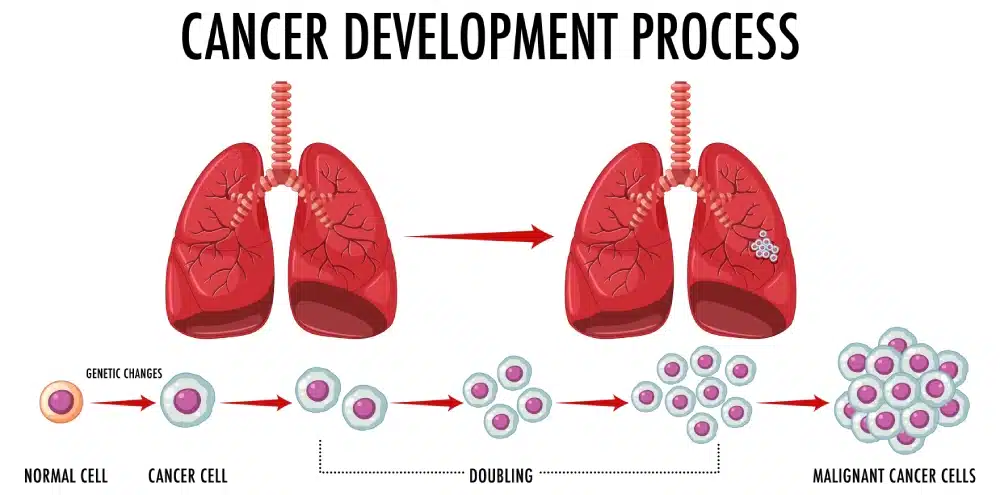
Early Stage Optimism:
- Stage 1-2 patients often achieve a complete cure
- 5-year survival rates of 70-90% with proper treatment
- Quality of life typically returns to normal
- Long-term complications are rare with modern techniques
Advanced Stage Progress:
- Stage 3-4 outcomes have improved dramatically, and metastatic lung cancer can be kept under control
- Targeted therapies offer years of quality life
- Immunotherapy provides durable responses
- New treatments emerge regularly
Personal Stories of Long-Term Success
Elizabeth’s 10-Year Journey
Elizabeth was diagnosed with Stage 2 lung cancer ten years ago. After a successful lobectomy, she’s remained cancer-free. “I’ve watched my grandchildren grow up, travelled the world with my husband, and lived a full life,” she shares. “Cancer became part of my story, but it didn’t become my whole story.”
Chapter 9: Your Questions Answered – Real Concerns, Real Solutions
“Can I Really Be Cured?” – Hope Based on Facts
Andrew’s Cure Story
Andrew asked this exact question five years ago when diagnosed with Stage 1 lung cancer. His keyhole lung surgery completely removed his tumour, and follow-up scans have remained clear. “Yes, cure is absolutely possible,” Andrew confirms. “I’m living proof.”
Cure is possible when:
- Cancer is caught early through screening
- Treatment is provided by experienced top lung cancer surgeons
- Modern techniques like robotic lung surgery are utilised
- Comprehensive care addresses all aspects of treatment
“How Quickly Should I Act?” – The Importance of Timely Care
Sophie’s Swift Action
Sophie developed a persistent cough on a Friday and called our clinic the following Monday to book a lung cancer consultation. She was seen within 48 hours, and her early-stage lung cancer was detected and treated before it could progress. “Don’t wait,” Sophie advises. “Every day matters.”
“What About the Cost?” – Investment in Your Life
David’s Value Perspective
David initially worried about the cost of lung cancer surgery, but realised that private treatment offered invaluable benefits:
- Immediate access to care without waiting lists
- Expert care from leading London thoracic specialists
- Advanced facilities at some of the UK’s most respected lung cancer centres
- personalised attention throughout treatment
“The cost of lung cancer treatment was an investment in my life and future,” David reflects. “You can’t put a price on being there for your family.”
“Will Recovery Be Difficult?” – Modern Surgery’s Gentle Approach
Patricia’s Recovery Experience
Patricia feared a long, painful recovery from lung cancer surgery. Her experience with lung cancer surgery recovery surprised her: “I was walking the same day as my keyhole surgery, home in two days, and feeling normal within weeks. The gentle approach of modern surgery made all the difference.”
Chapter 10: Taking Action – Your Next Steps to Healing
The Power of Acting Today
Richard’s Urgent Message
Richard delayed seeing a doctor for six months, watching his symptoms worsen. When he finally sought help, his lung cancer had progressed significantly. “I wish I had acted sooner,” he shares. “Don’t make my mistake – if you have concerns, get evaluated immediately.”
Your Action Plan for Hope
Step 1: Recognition
If you have persistent symptoms or risk factors, acknowledge that evaluation could save your life.
Step 2: Expert Consultation
Book a lung cancer consultation with our compassionate lung cancer specialists. We understand your fears and are here to guide you through every step.
Step 3: Comprehensive Evaluation
Take advantage of private lung scan services and advanced diagnostics to get complete answers quickly.
Step 4: Personalised Treatment Plan
Work with our thoracic cancer expert team to develop a treatment approach tailored to your specific needs and circumstances.
Step 5: Swift Action
Begin treatment with confidence in your care team and hope for your future.
How to Begin Your Journey to Healing
Contact our caring team today:
- Priority scheduling for urgent cases
- Same-day consultations when needed
- Compassionate staff who understand your concerns
- Clear communication about the cost of thoracic surgery
- Immediate access to top lung cancer surgeons
Why Delay Diminishes Hope
Every day matters in lung cancer care:
- Early detection dramatically improves outcomes
- Prompt treatment prevents progression
- Advanced techniques work best on earlier-stage disease
- Peace of mind comes from taking action
A Final Message of Hope and Encouragement
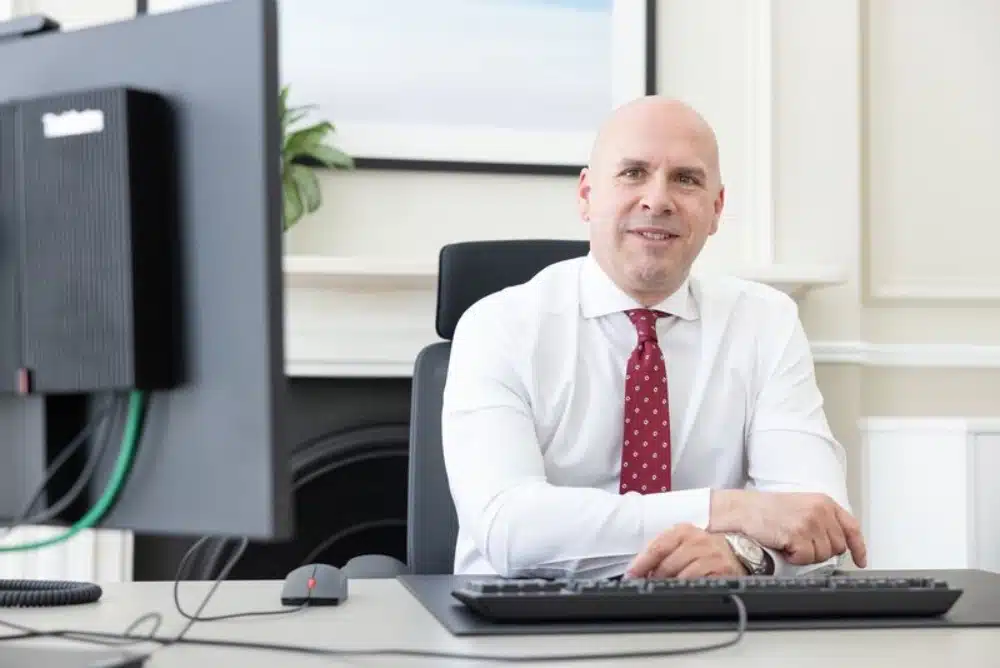
Your story doesn’t end with a lung cancer diagnosis – it begins a new chapter.
We’ve shared stories throughout this guide of patients who faced their lung cancer diagnosis with courage and found hope through expert care. From Tom’s triumph with Stage 1 disease to Helen’s ongoing success with Stage 4 treatment, these real experiences demonstrate that lung cancer is no longer the hopeless diagnosis it once was.
Modern medicine offers remarkable options:
- Minimally invasive surgeries that preserve your quality of life
- Targeted therapies that work specifically against your cancer
- Immunotherapies that enlist your body’s natural defenses
- Personalised treatment based on your unique cancer characteristics
- Referral to clinical trials as needed
Most importantly, you’re not alone in this journey.
Our team of lung cancer specialists is here to walk beside you, offering not just medical expertise but compassionate support, clear communication, and unwavering commitment to your healing.
Take the first step today. Your future self – and your loved ones – will thank you for acting with courage and hope.
Get in touch with our London-based thoracic team — we’re here to support your next steps.
This guide represents the collective wisdom of leading lung cancer specialists and the real experiences of patients who have walked this path before you. For personalised medical advice specific to your situation, please schedule an appointment with one of our lung specialists. Every treatment recommendation should be made following a thorough evaluation by our experienced team. We can offer a complete management of lung cancer cases, lung cancer research, and participation in any clinical trial, where relevant.
Remember:
Hope begins with taking action. Your healing journey starts with a single phone call.
You can get more information through Macmillan Cancer Support, Cancer Research UK, or the American Cancer Society.